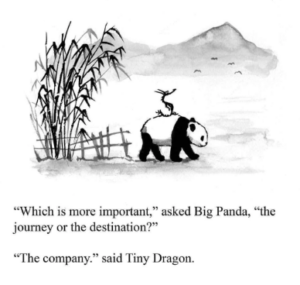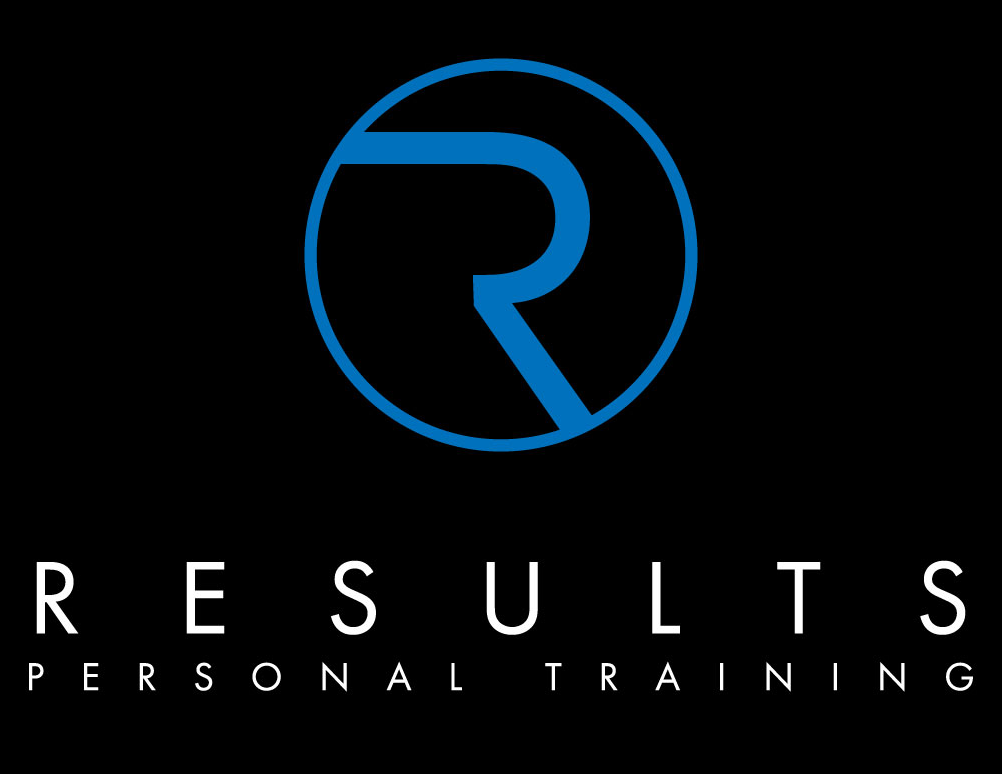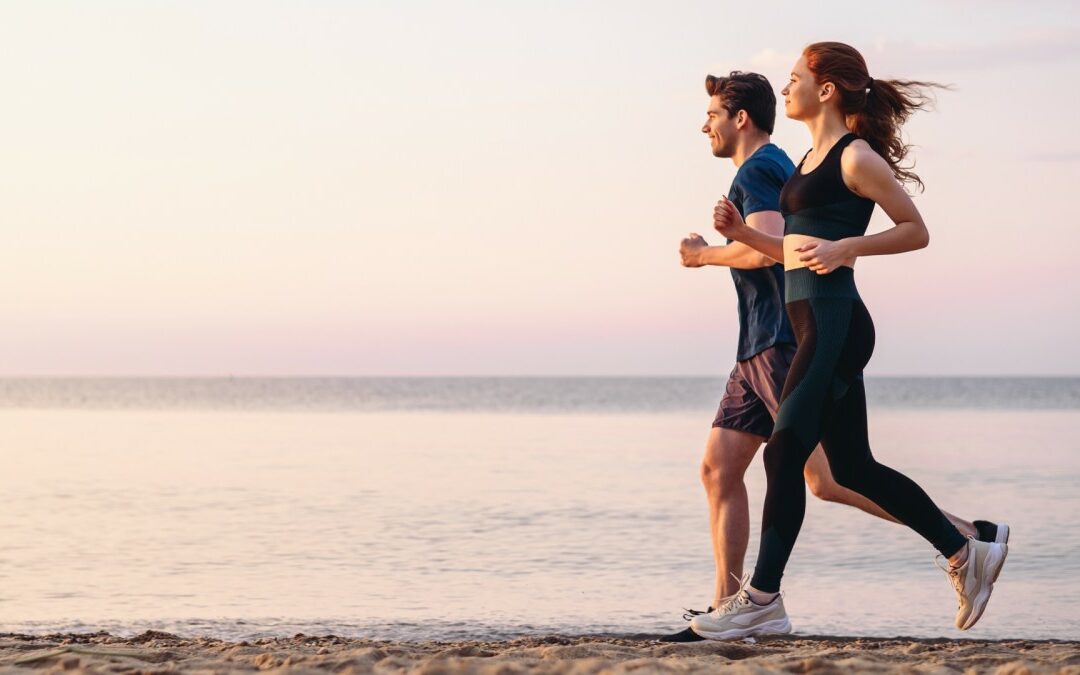You have watched the Hawkes Bay Marathon and now you’re inspired to try running yourself – maybe even with the goal of doing a marathon yourself
The question you might be asking yourself is – is it really possible?
Maybe you have never run before, or consider yourself a weekend jogger. Wherever your starting point is, as long as you have the desire, the right attitude and the integrity to commit, I promise you that you can do it. You have the power in you to achieve the satisfaction of carrying off a goal that you set yourself. But where do you start…
Right here!
1 – Know your WHY and have a big enough WHY
The single biggest factor determining whether you will cross that finish line or even get to the start line is having the understanding and clarity of why you’re doing it in the first place. Everyone has different reasons for putting themselves through a marathon. For some it’s running for a charity that has a cause close to your heart. Some might be running in someone’s memory, some it might be marking a life’s stage and some of you might feel it’s time to tick off one of those bucket list ideas. Whatever your reason, make it a strong one.
2 – You’ll need 3-6 months of commitment time
Running a marathon is a big commitment. You don’t have to be the fittest, fastest person out on the run but you will have to put the training time in. In general it will take approximately 3-6 months to train for your first marathon. When you decide to commit, make sure that life is fairly stable. Attempting to run your first marathon while going through a heavily chaotic period of life isn’t advisable.
3 – You’re gonna need the right kit
Invest in some good running clothes. Choose materials that wick moisture away, consider running tights for cold weather training and quality merino layers as having breathable materials can make all the difference. When it comes to running, your most important piece of kit will be your choice in shoes. As you all probably know by now I am a huge fan of barefoot shoes and do I think that they make for great marathon running shoes ?
Yes and no. Context matters here. Barefoot shoes require time for feet to adapt. If you haven’t worn barefoot shoes before then you’re going to need at least 6 months of walking or light running before you can even consider them as a marathon shoe. That said, if you’re willing to put the work into a barefoot shoe you will find that your foot strength will go through the roof.
Remember the number one reason why people don’t finish marathons isn’t because they were not fit enough. It’s because they got injured in the process.
4 – Screening and a solid training plan
I cannot stress enough that everyone would do well to get a movement screen and properly designed training plan. As I just mentioned the number one reason why people don’t succeed isn’t because they were not fit enough. It’s because they got themselves injured.
I would recommend an FMS screen (FMS – Functional Movement Screen) prior to beginning the program to ensure that you have a solid baseline of movement competency. I’m a big believer in the FMS as a “red flag indicator.”
Let me explain… If you aren’t familiar with the FMS (or Functional Movement Screen), it’s a quick movement screen that serves as an indicator for baseline movement and helps to identify potential mobility, stability issues or asymmetries. It helps call attention to any potential range of motion or motor control issues that could potentially limit the effectiveness of the program and ultimately increase the risk for injury. Obviously, this is something you don’t want. We want to make sure you have a good movement baseline before taking on those runs. How do you go about getting screened?
It’s actually easy. Find a local certified FMS professional in your area and get screened. If you’re in Hawkes Bay, then come and see me for a screen. The screen takes about 10 minutes and it’s super easy. Go to FunctionalMovement.com to learn more and find a local, certified FMS professional who can perform your FMS Screen.
5 – You’re gonna go through hard time
Know that your progress with running will never be linear. There are always ups and downs and challenges for you to overcome. Even the best runners in the world are riddled with minor injuries or have had complications with illness. The key is to build out enough time in your training that should something happen you are able to climb over the obstacle that lay in front of you. Spend time getting regular massages, if you have an injury see a physio or your chosen practitioner. Training for a marathon is an endurance endeavour, it will take time, consistency and effort.
6 – Have fun
In the words of one of my favourite books

Grab a friend and do it together. Going through the challenges of running can be far more enjoyable when you do it together.

